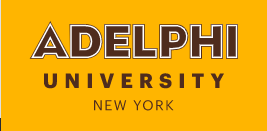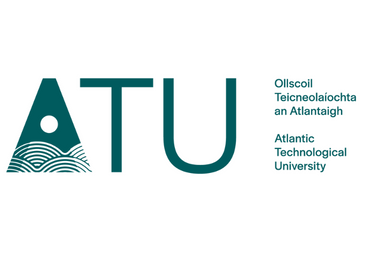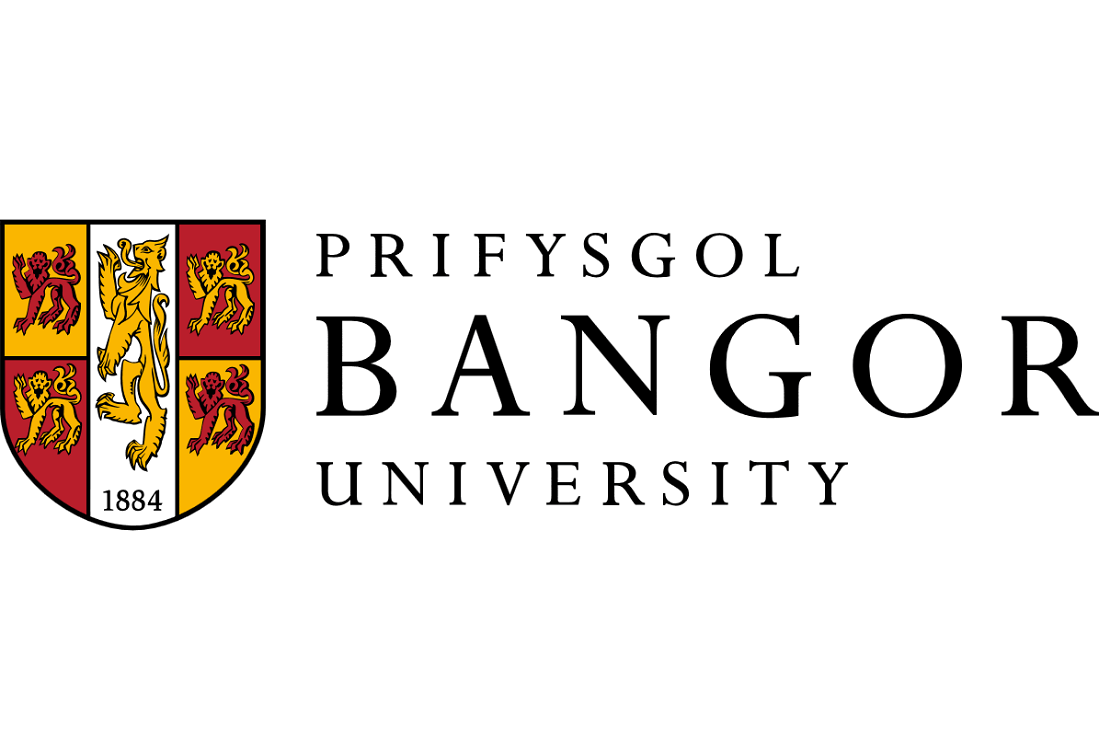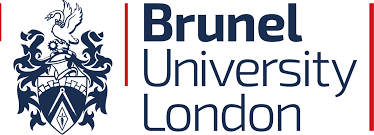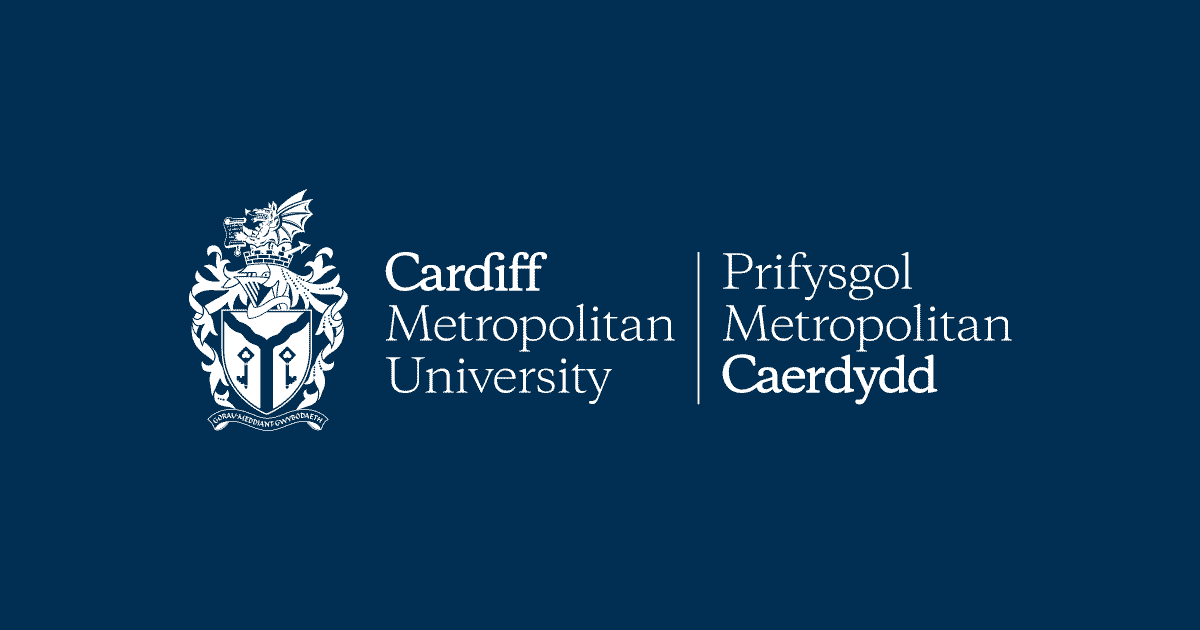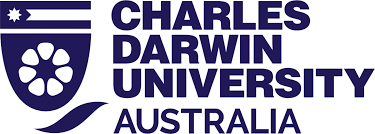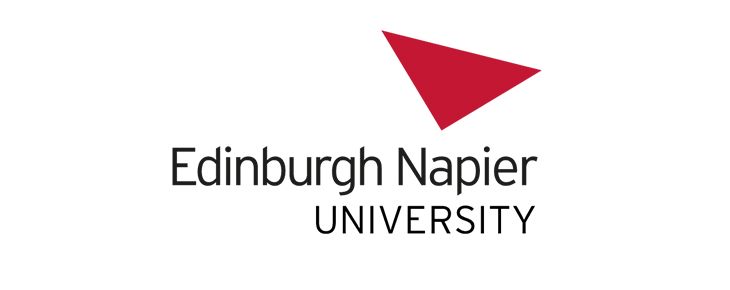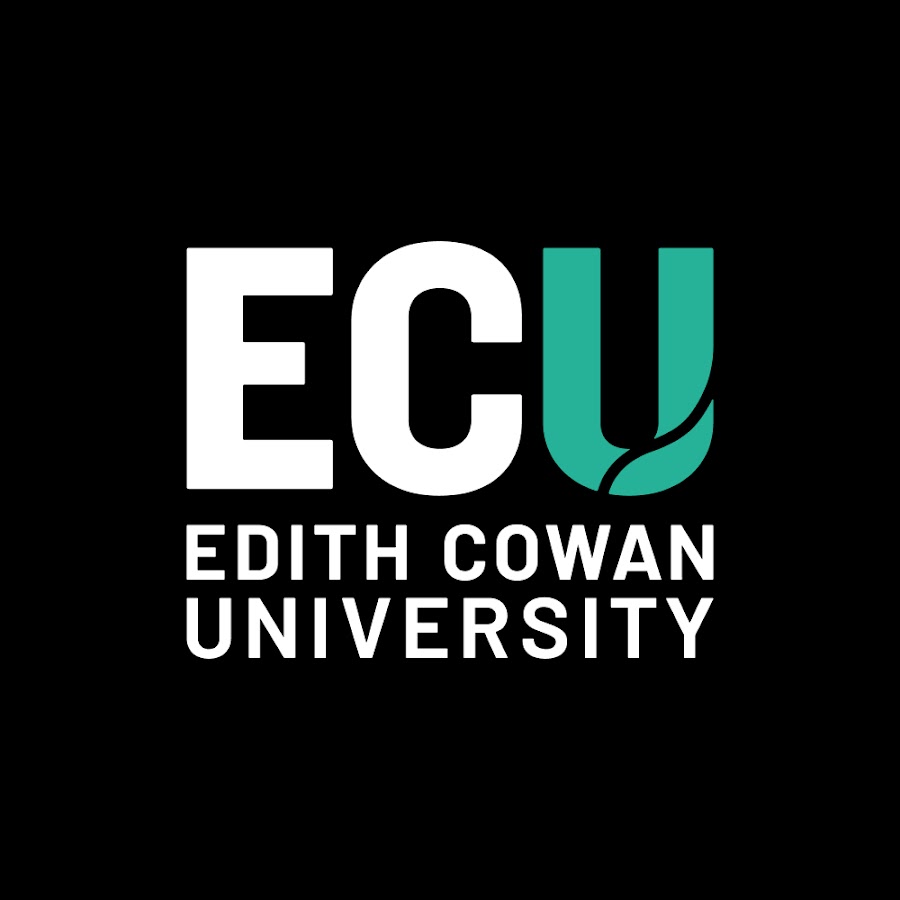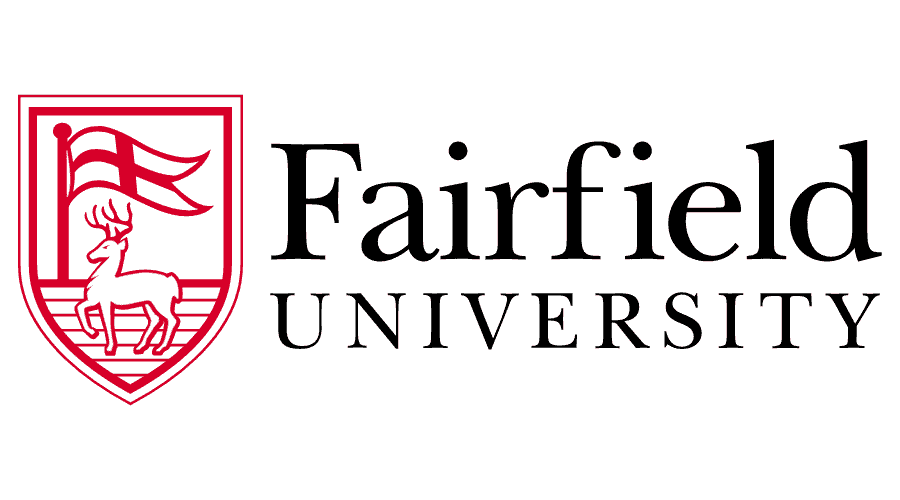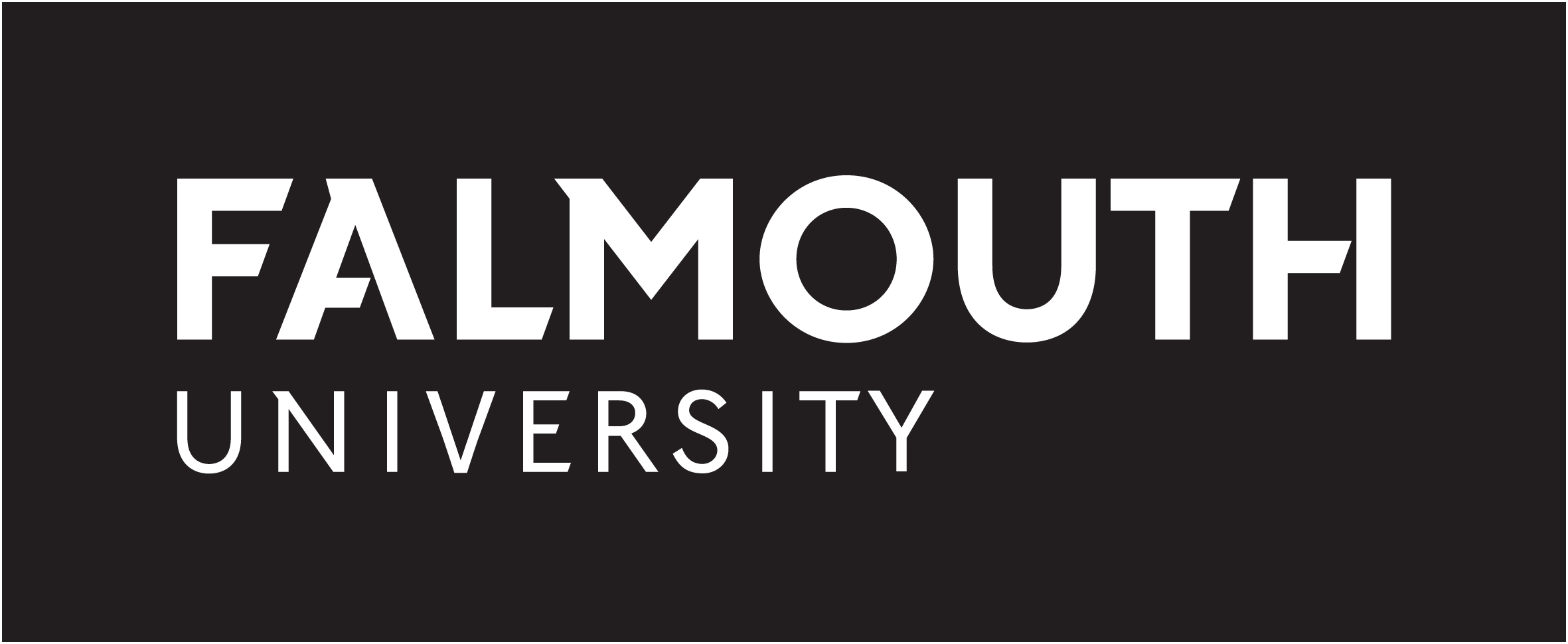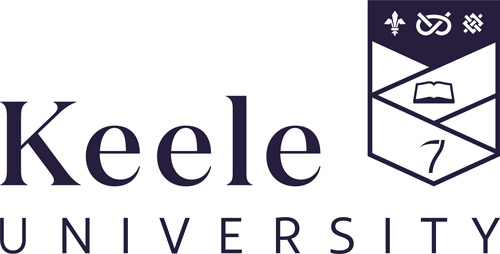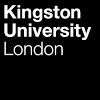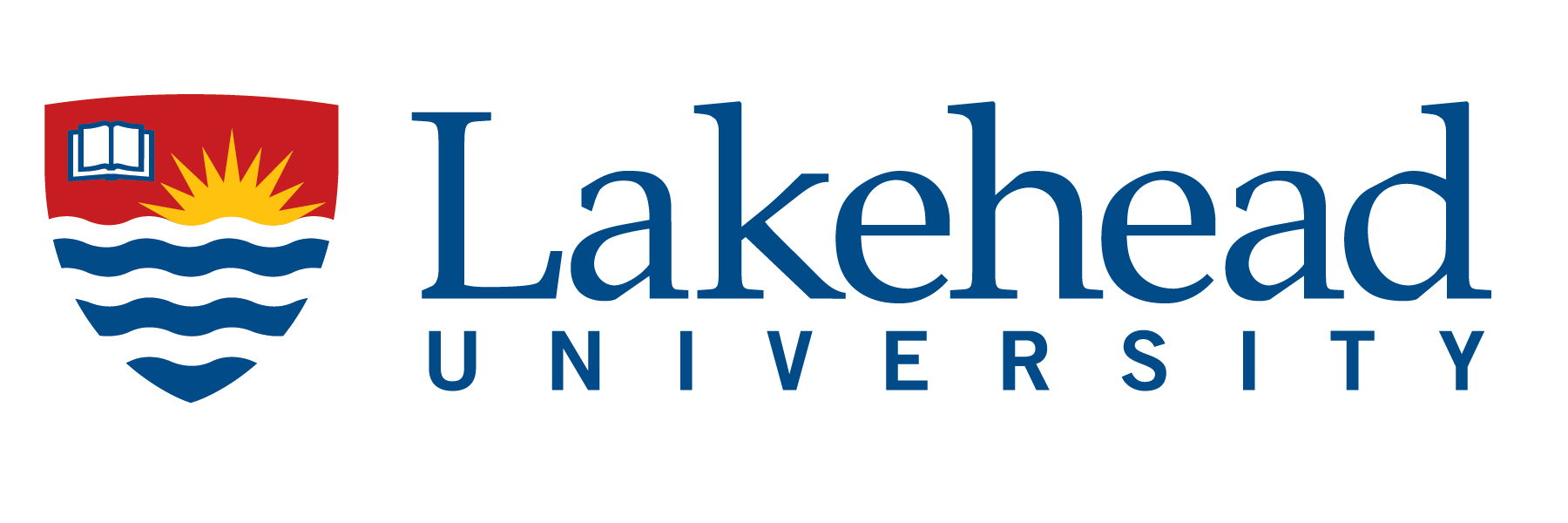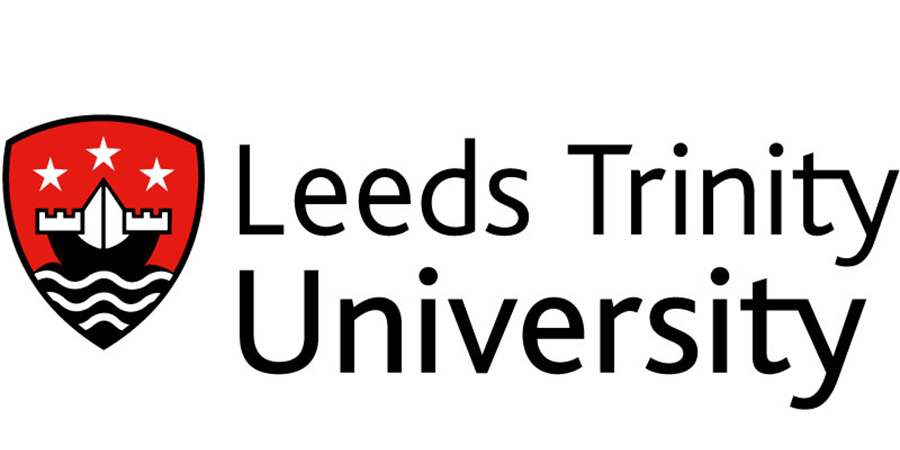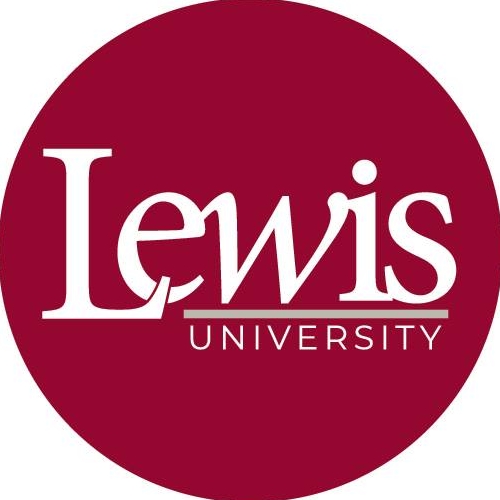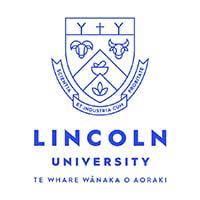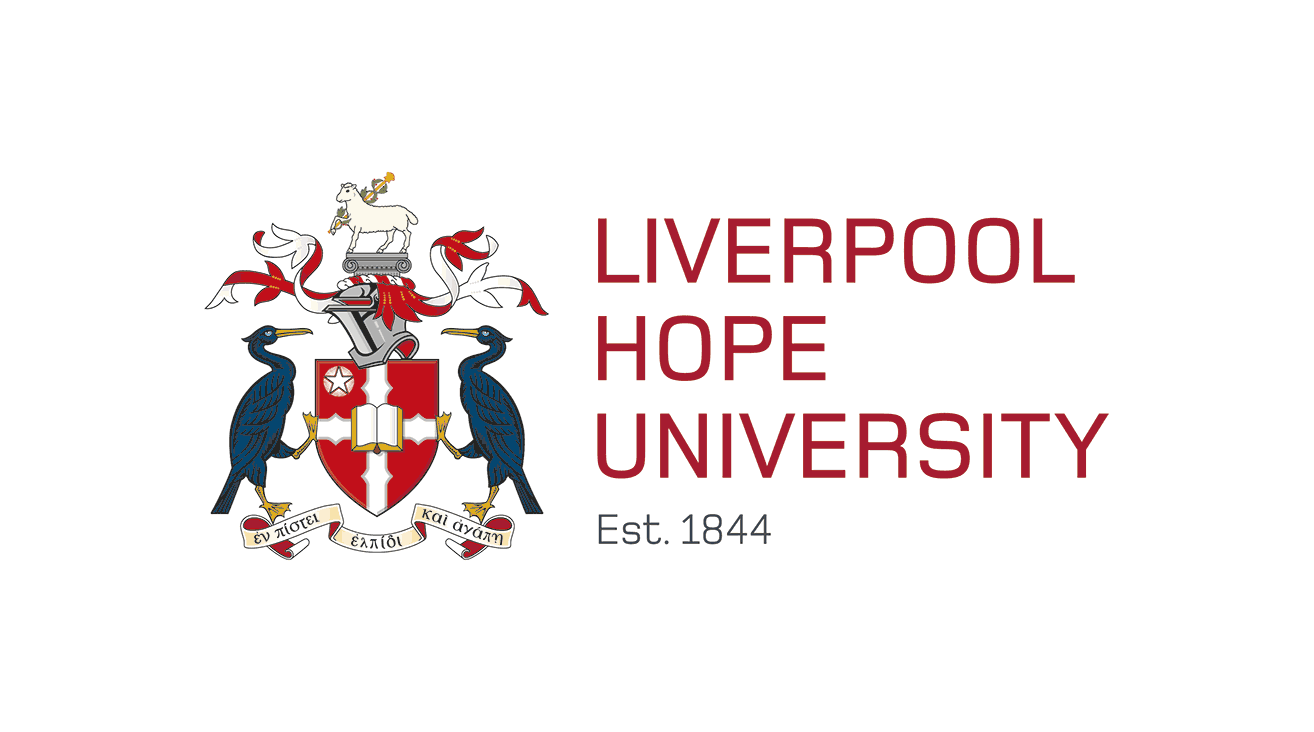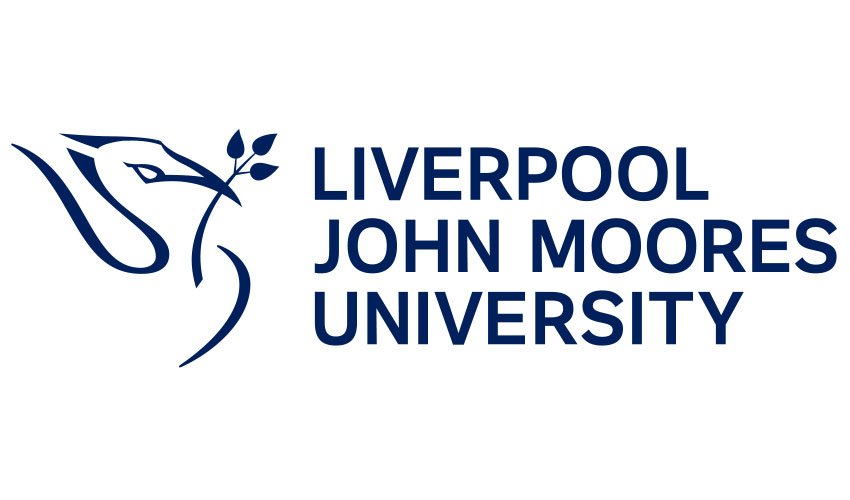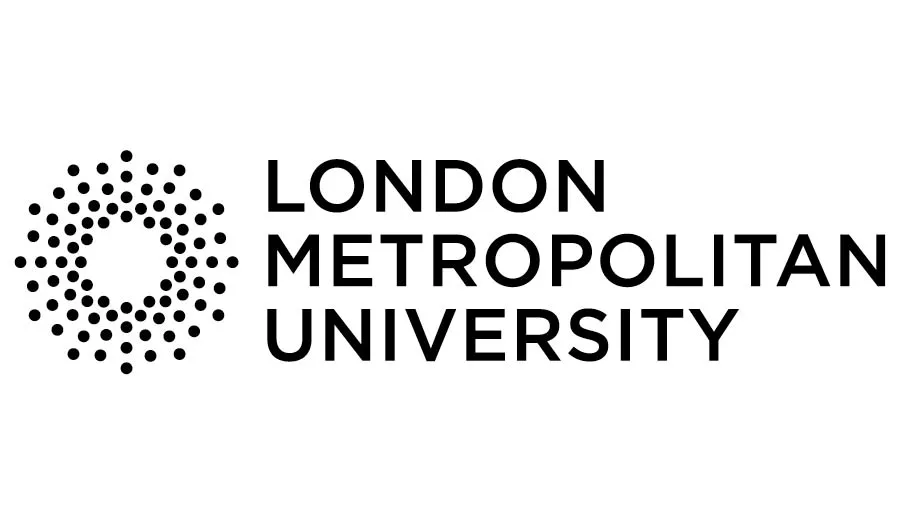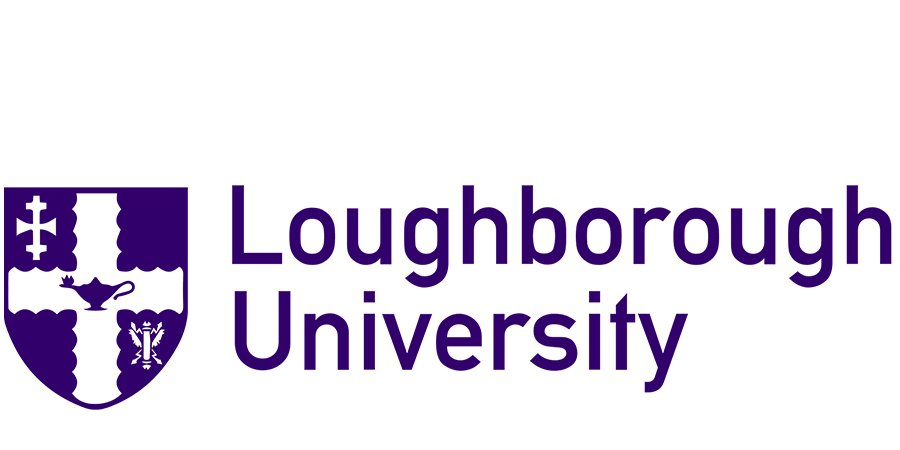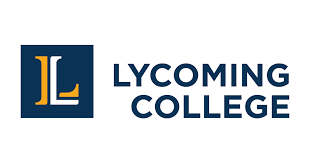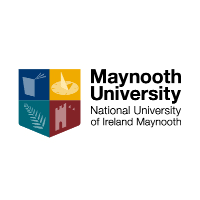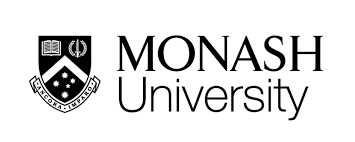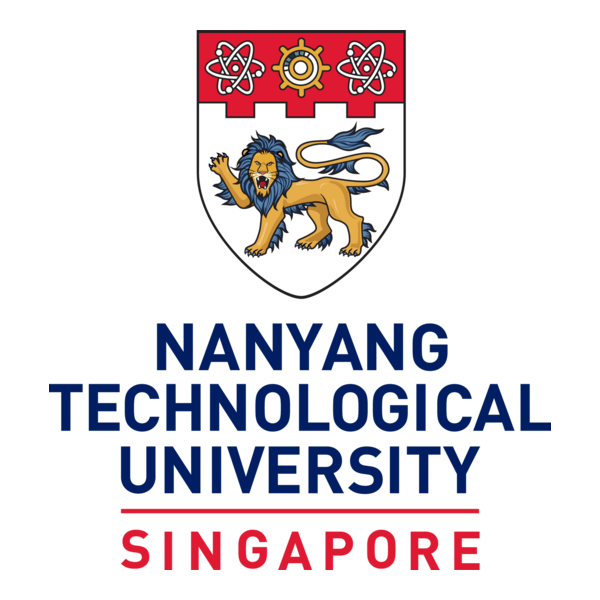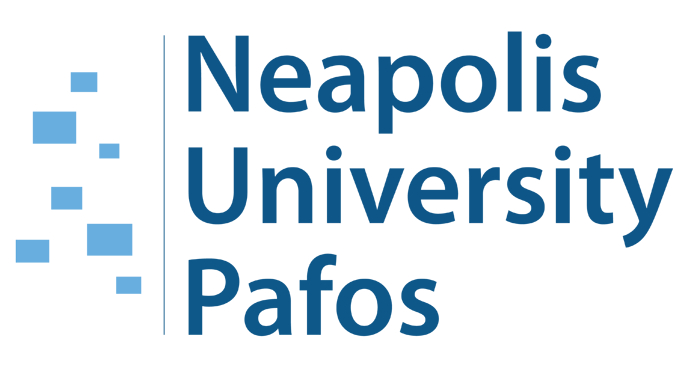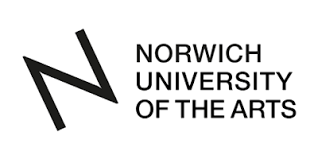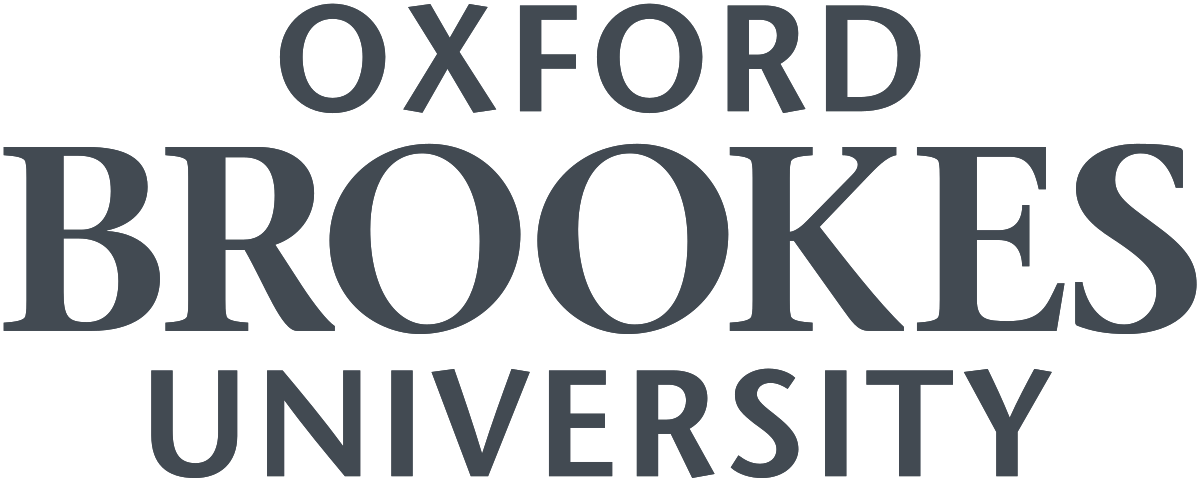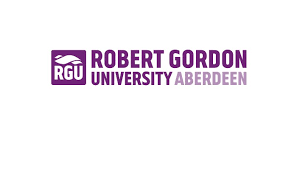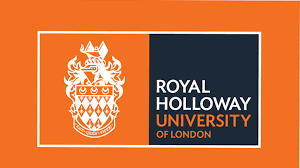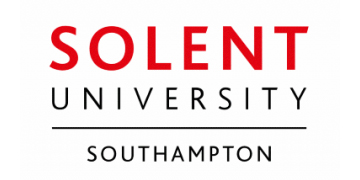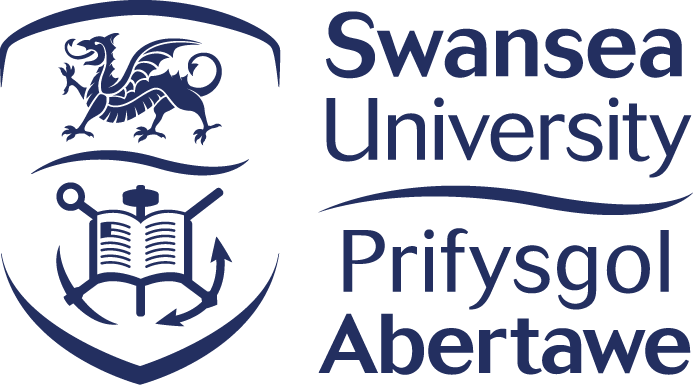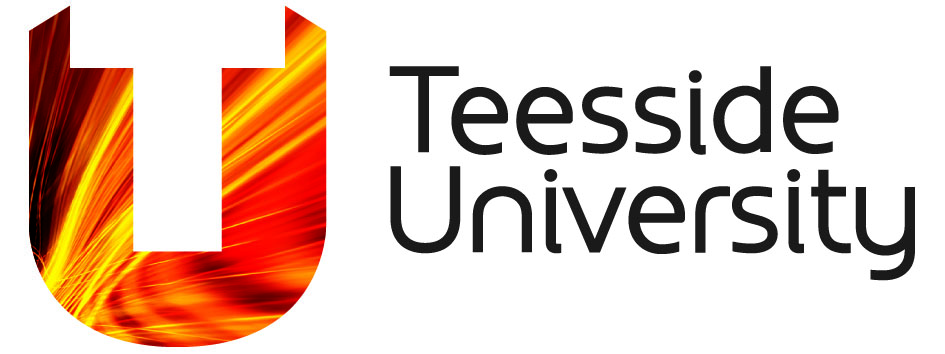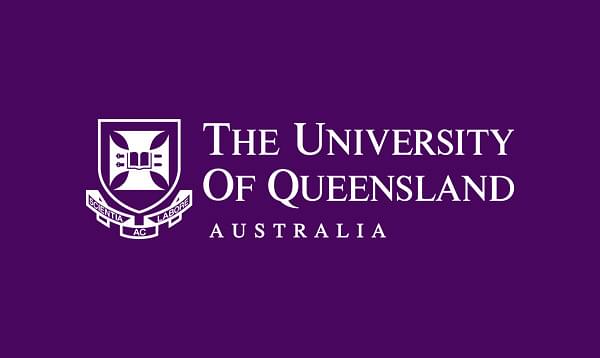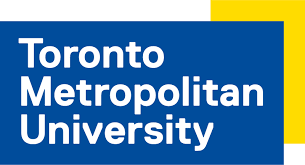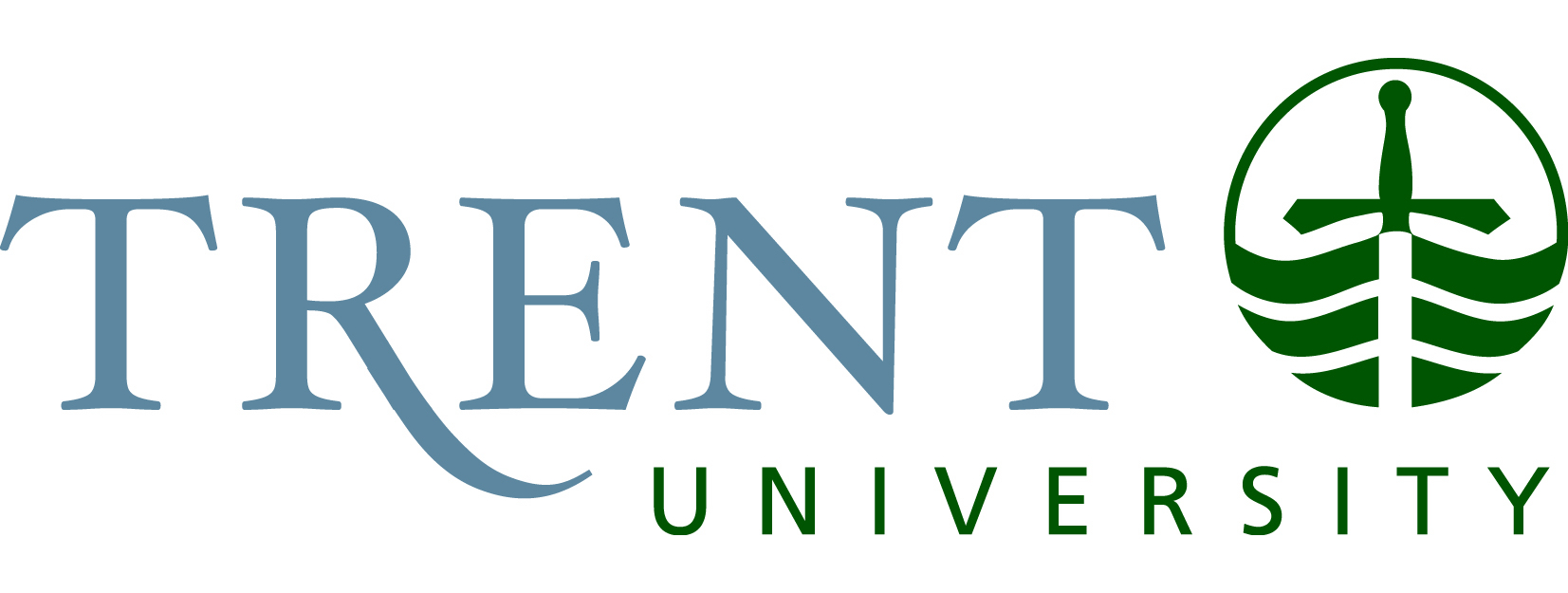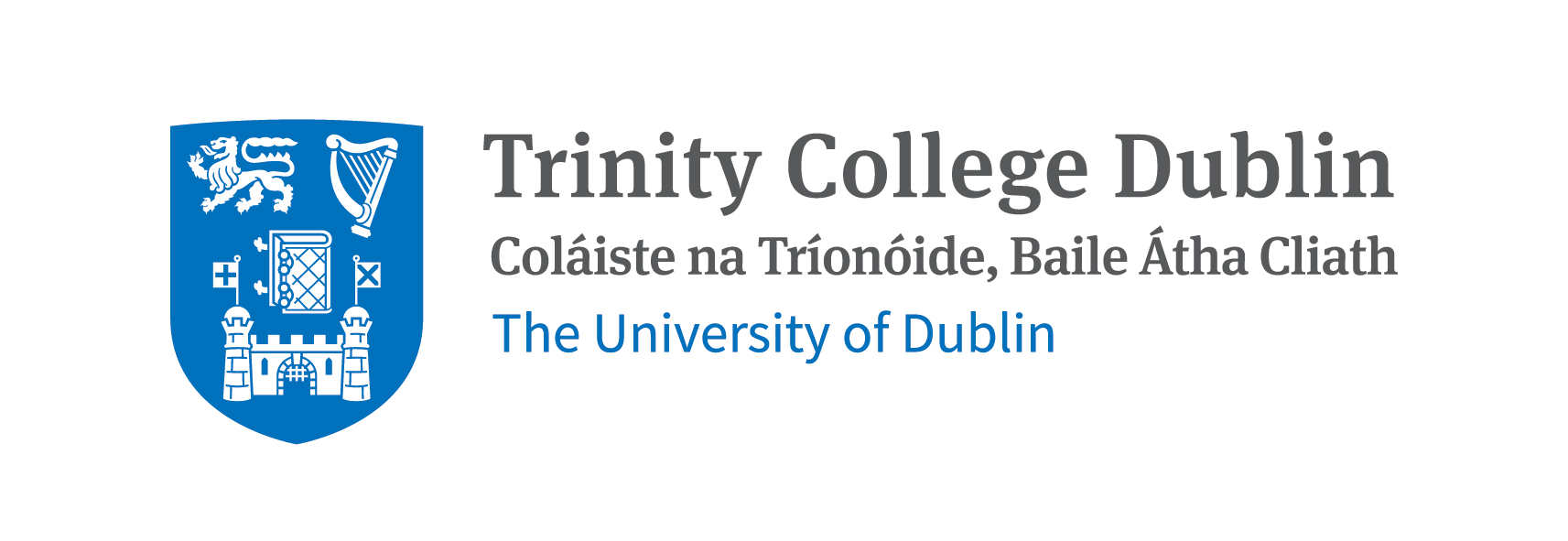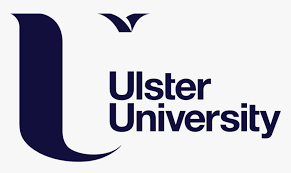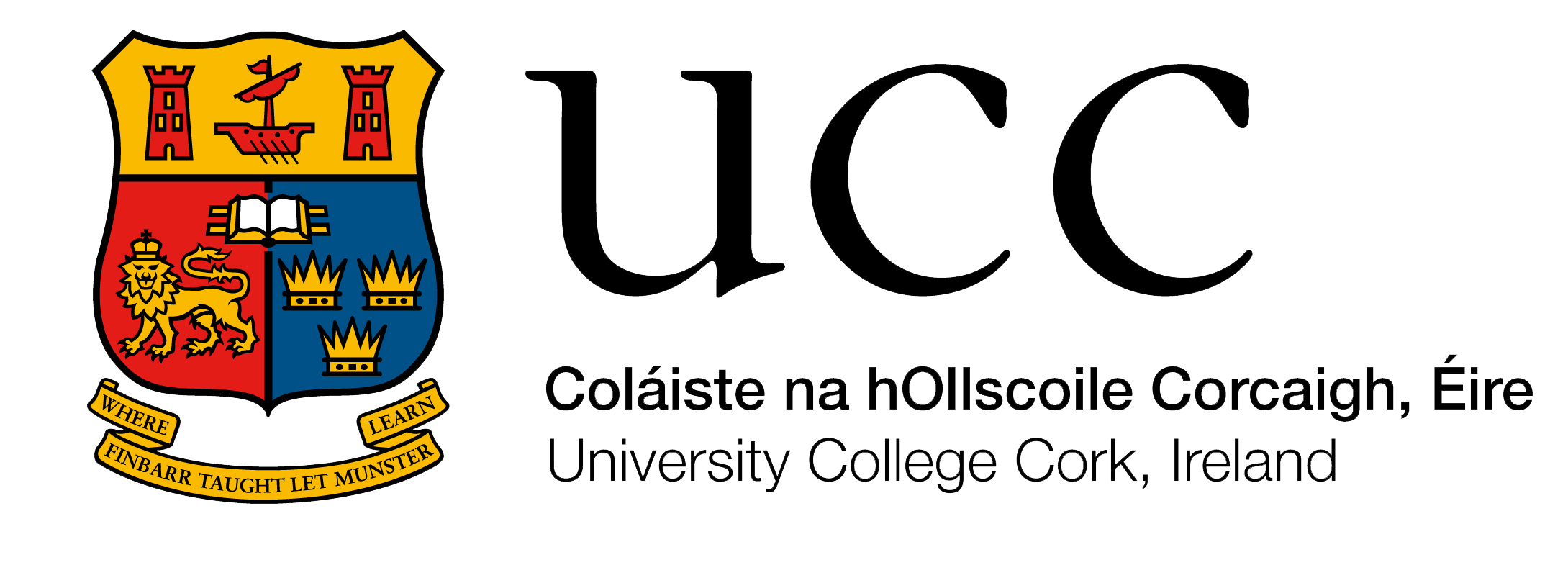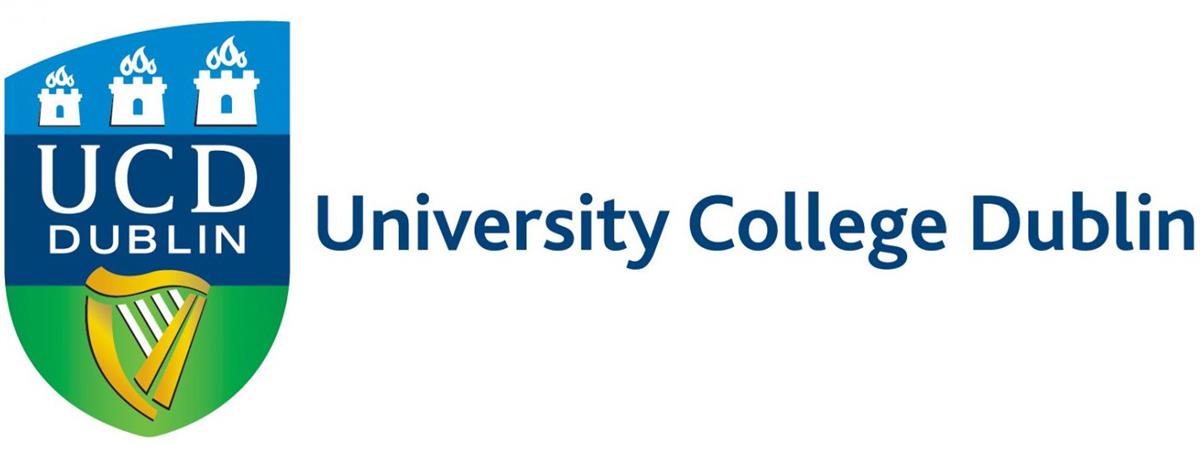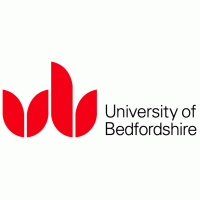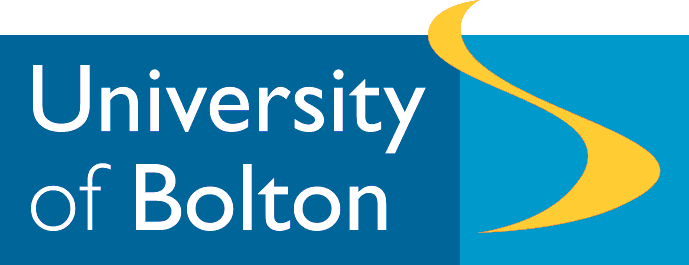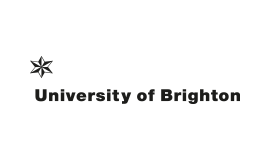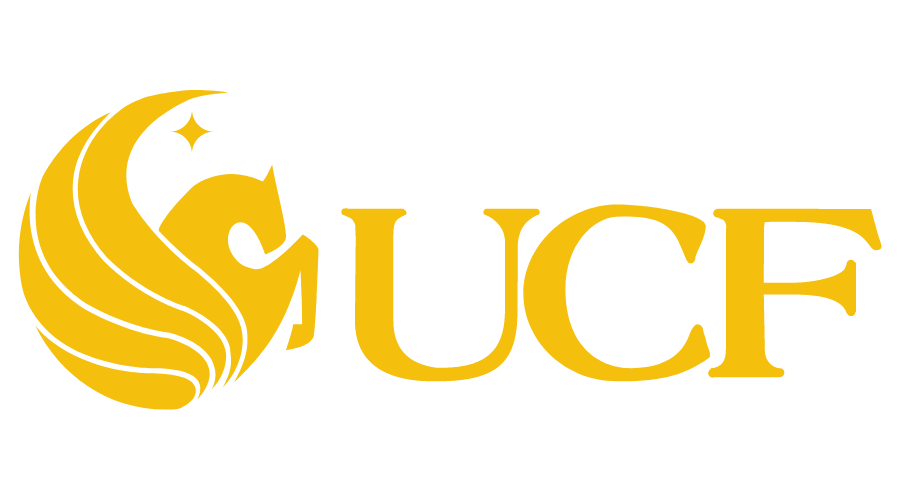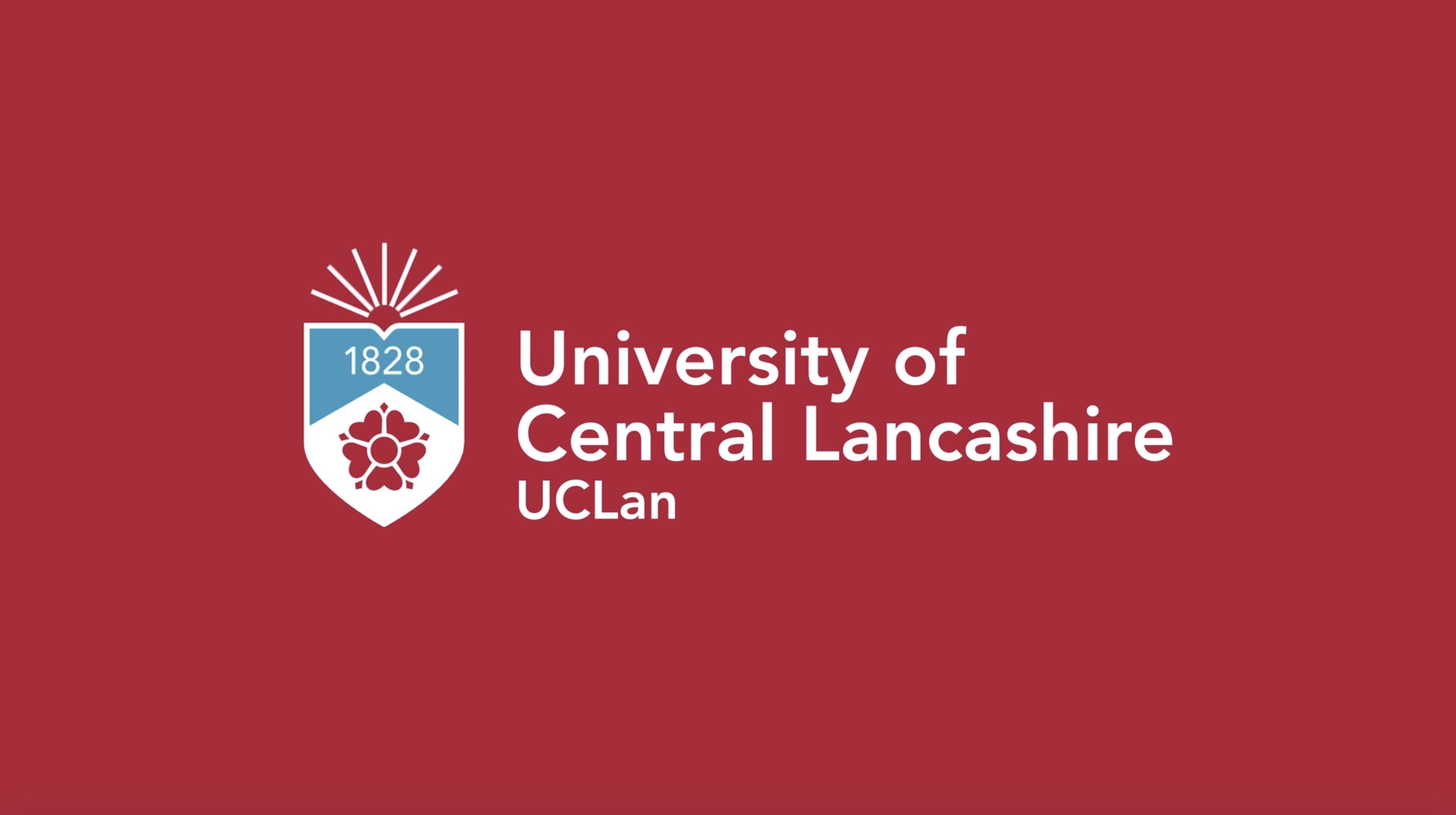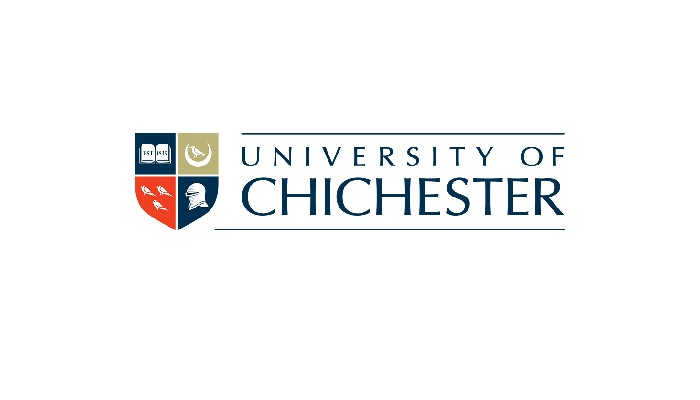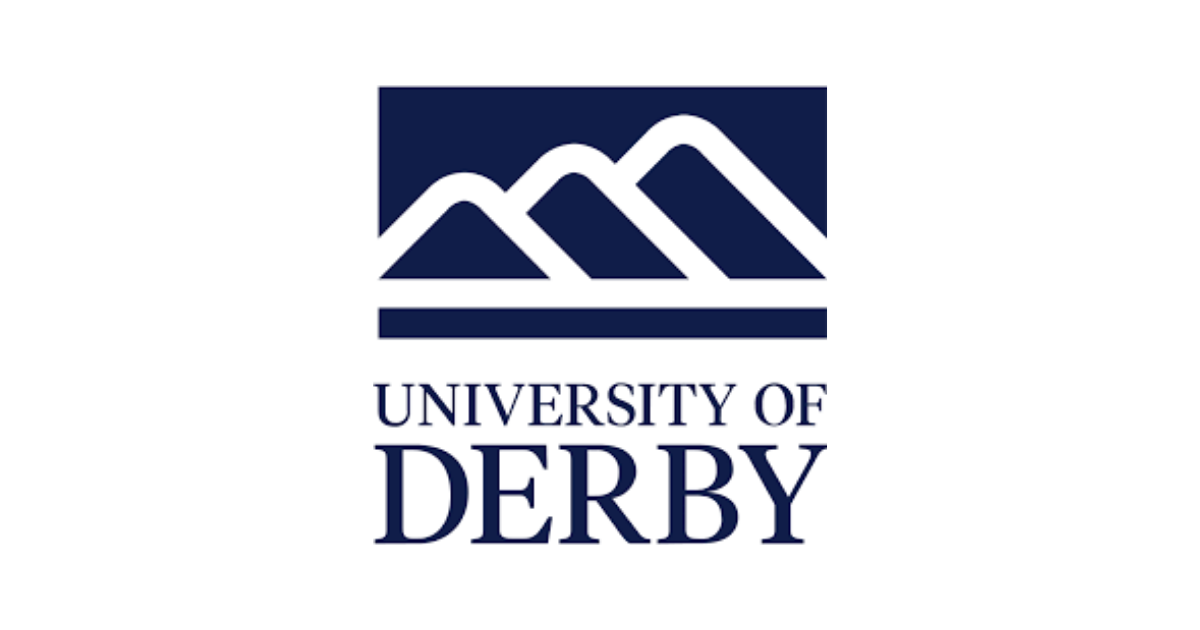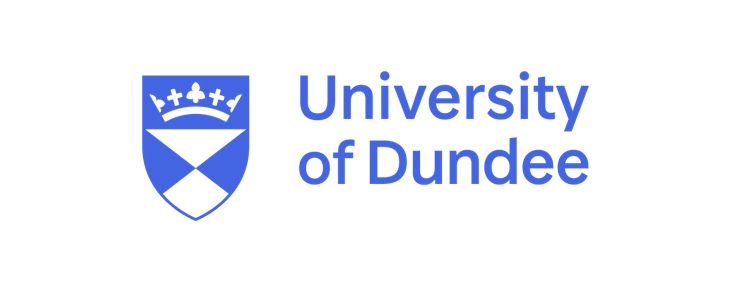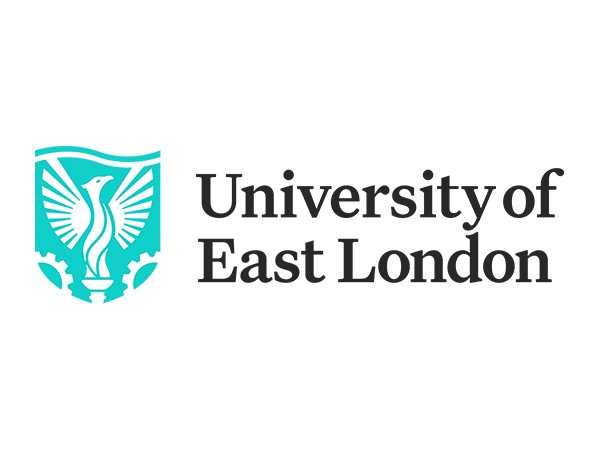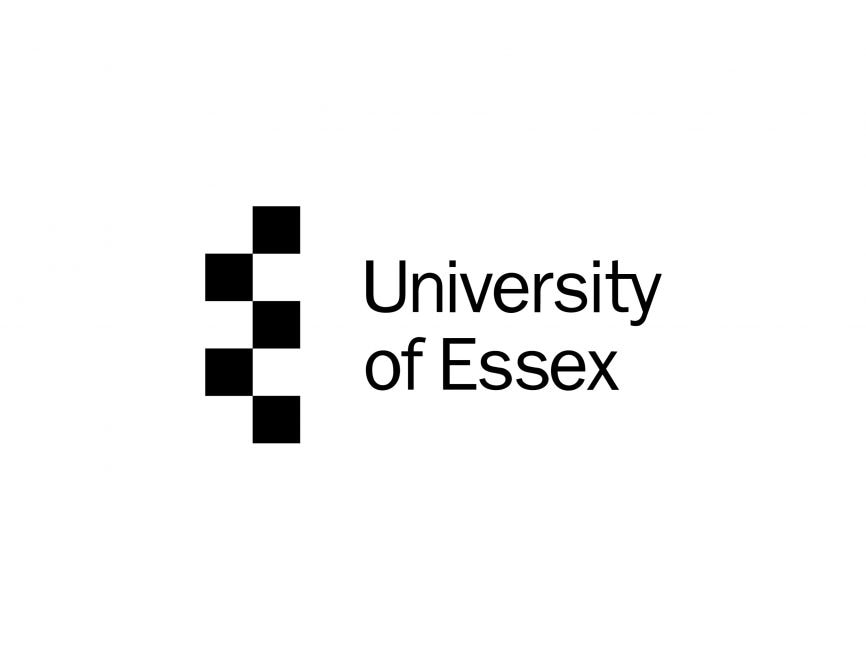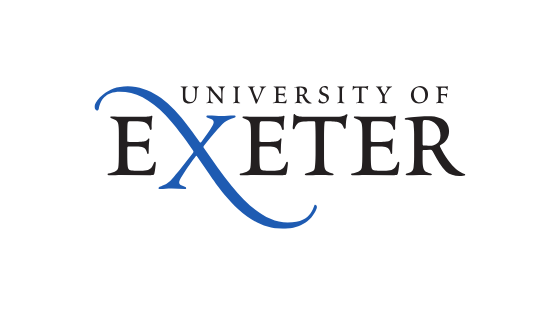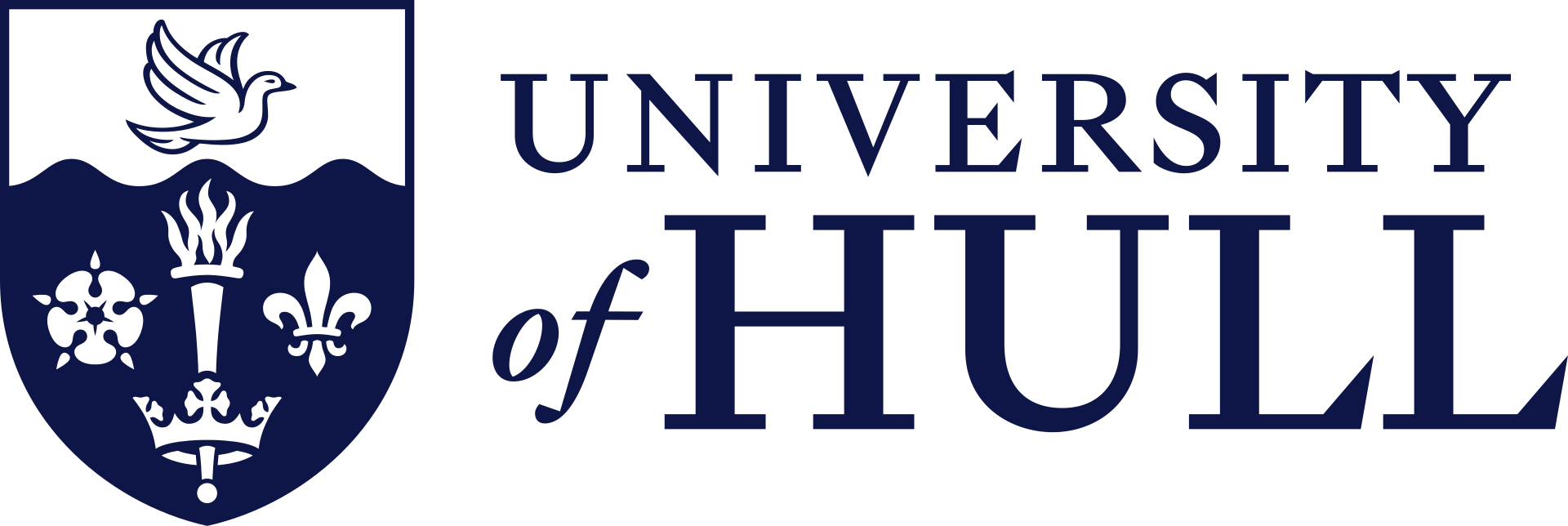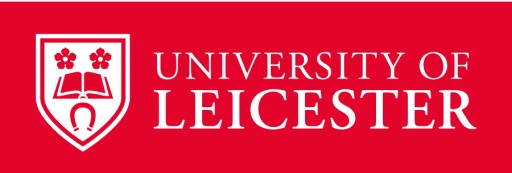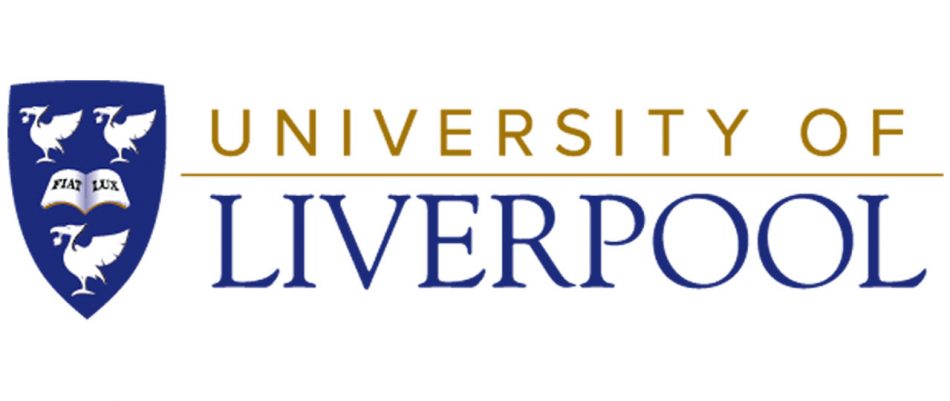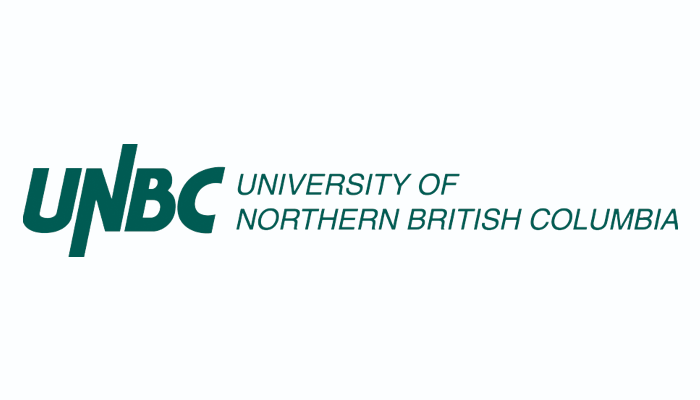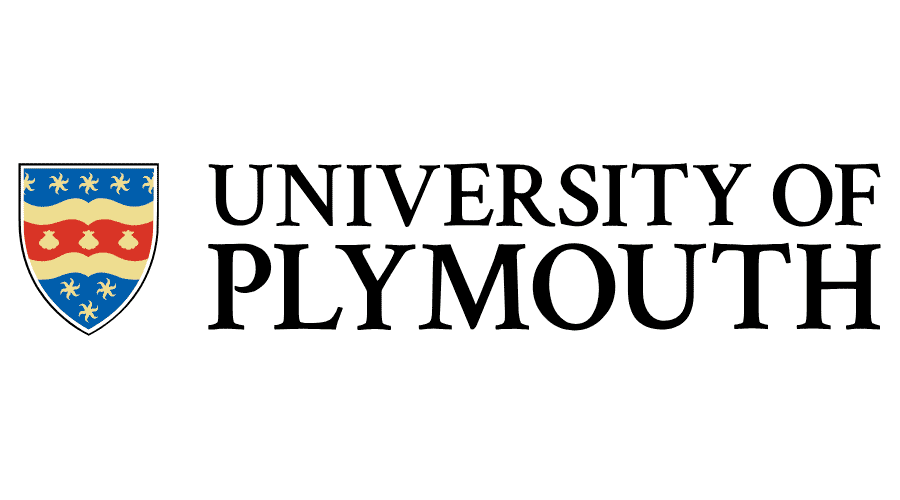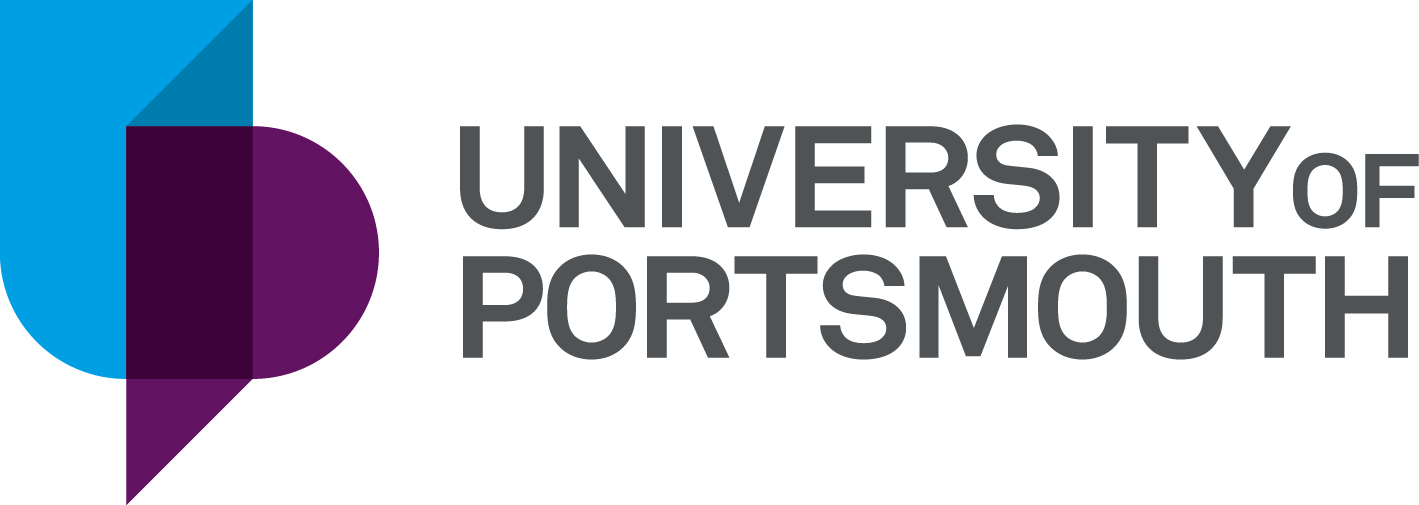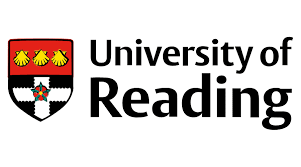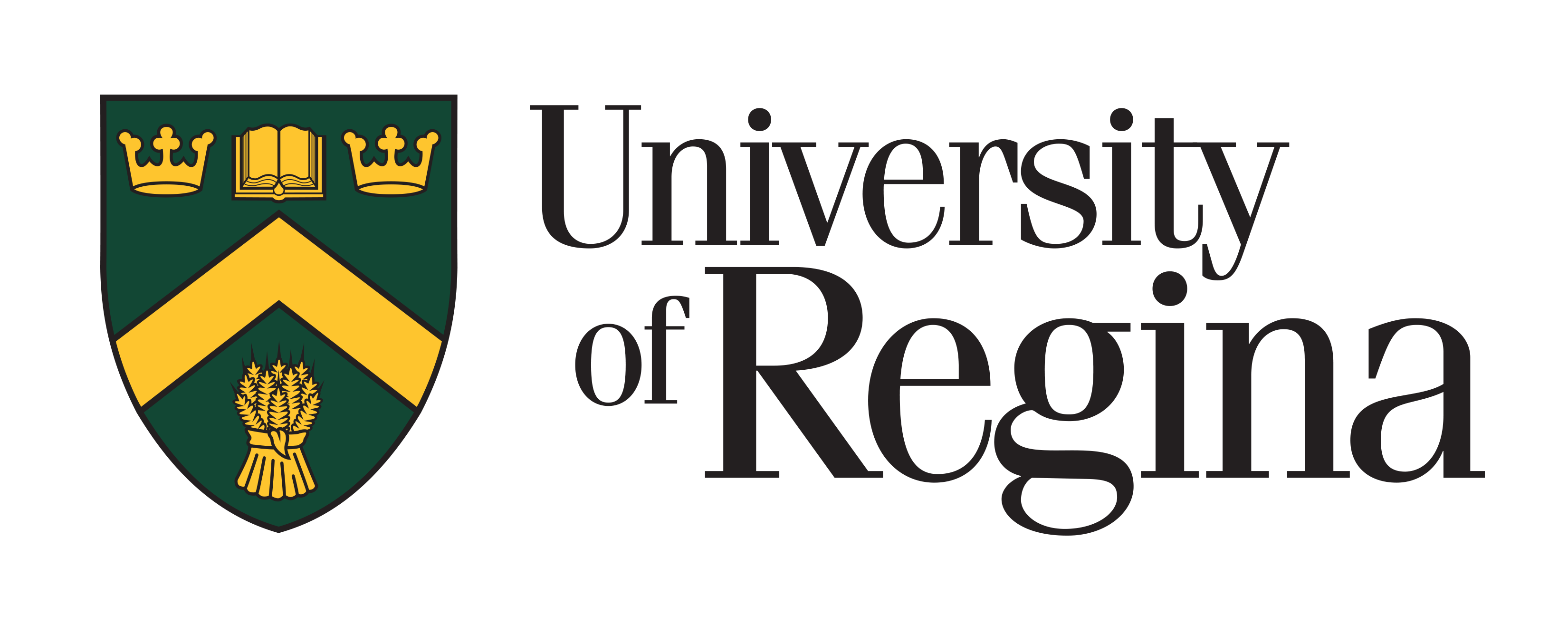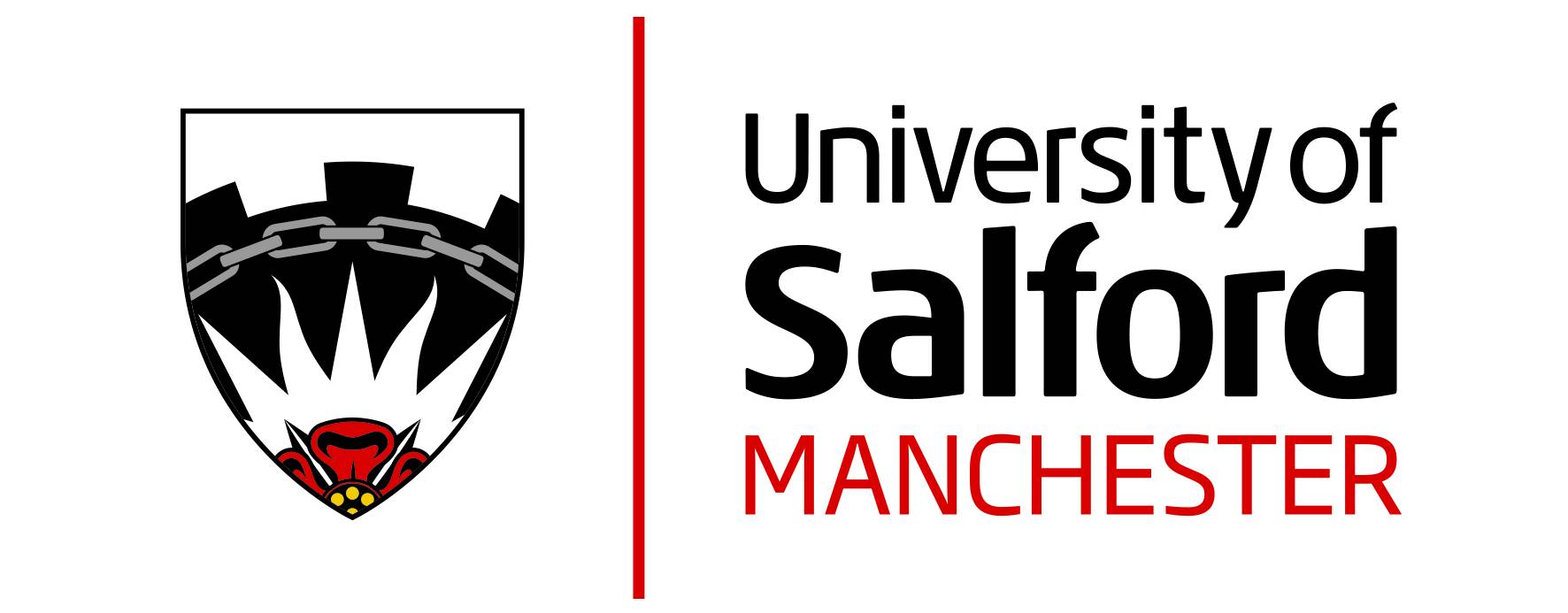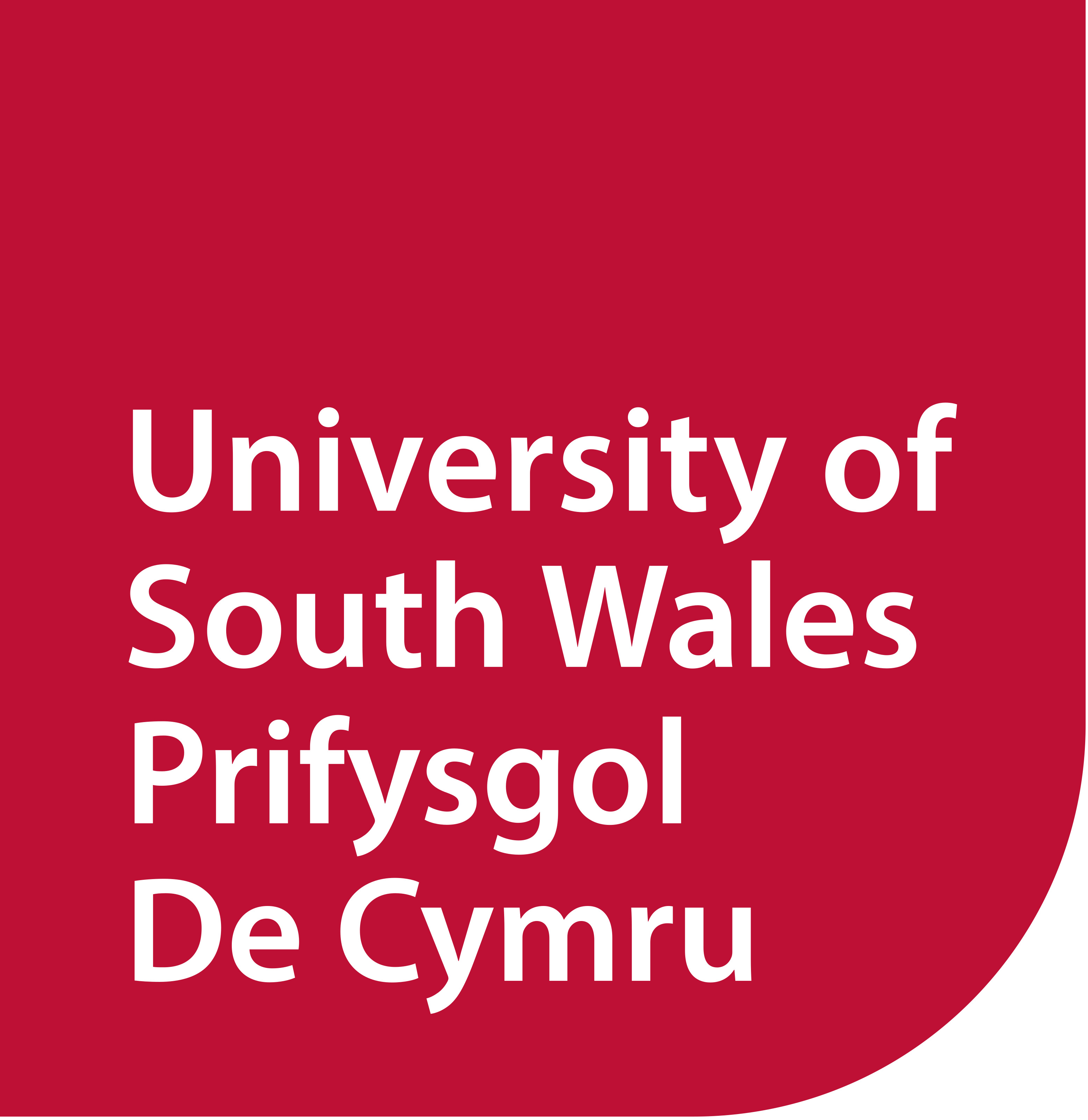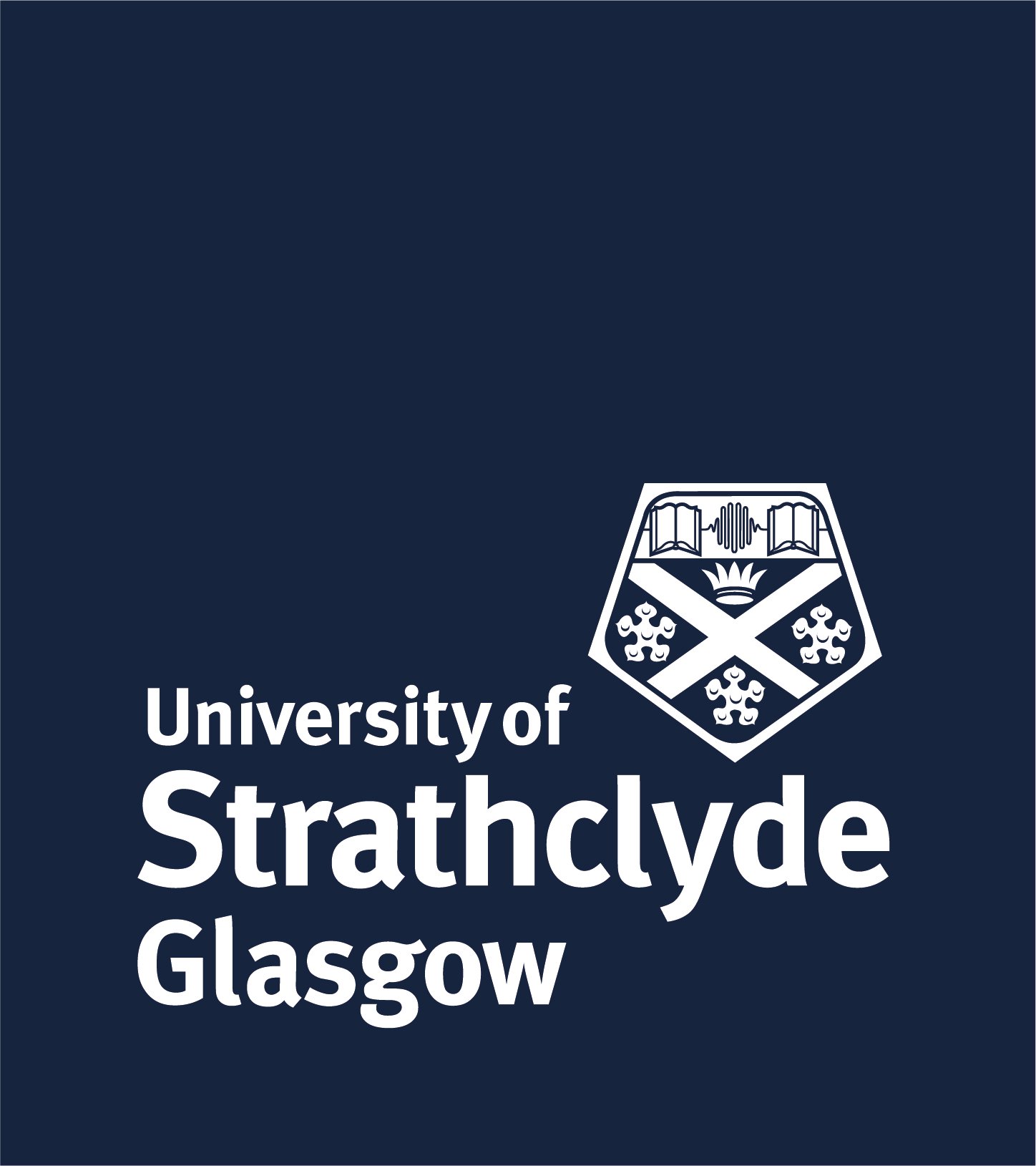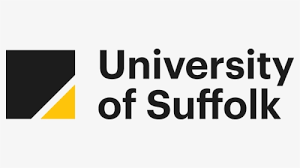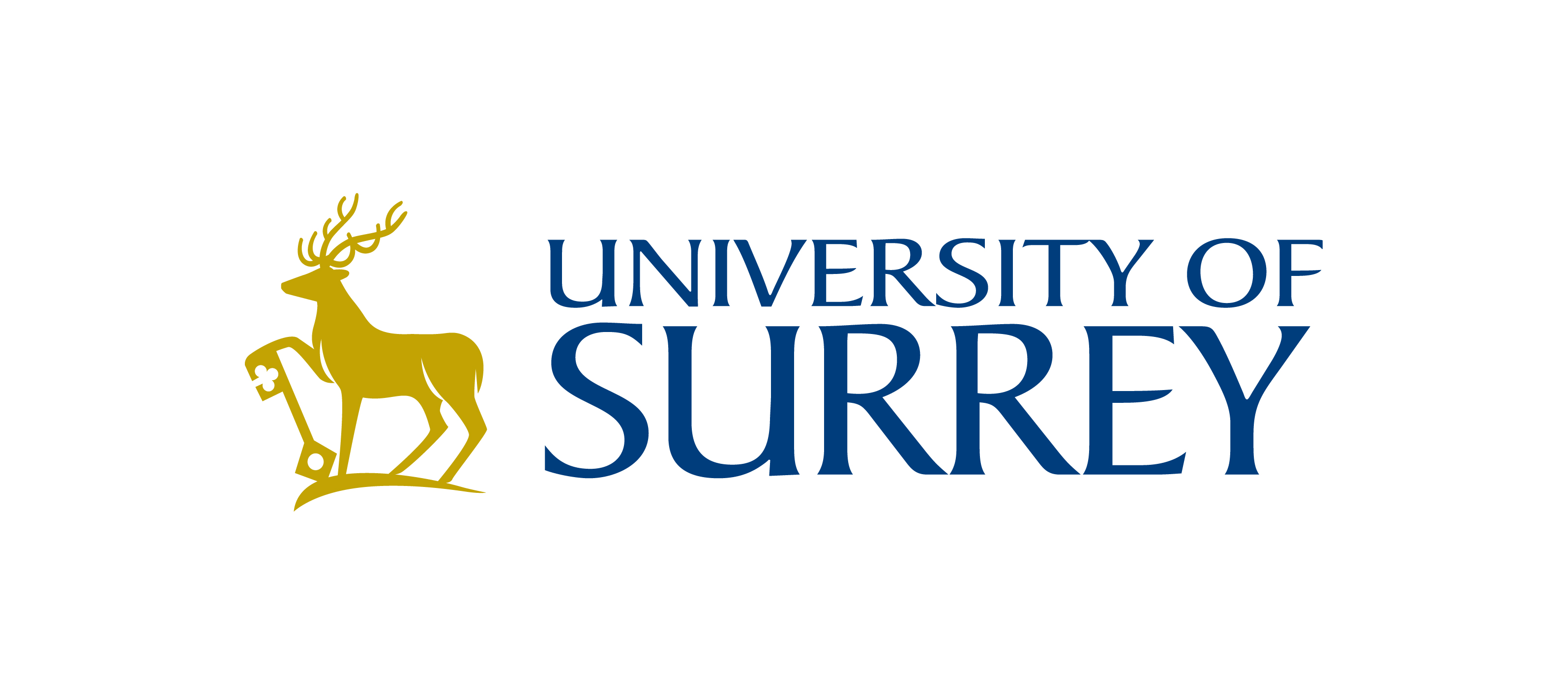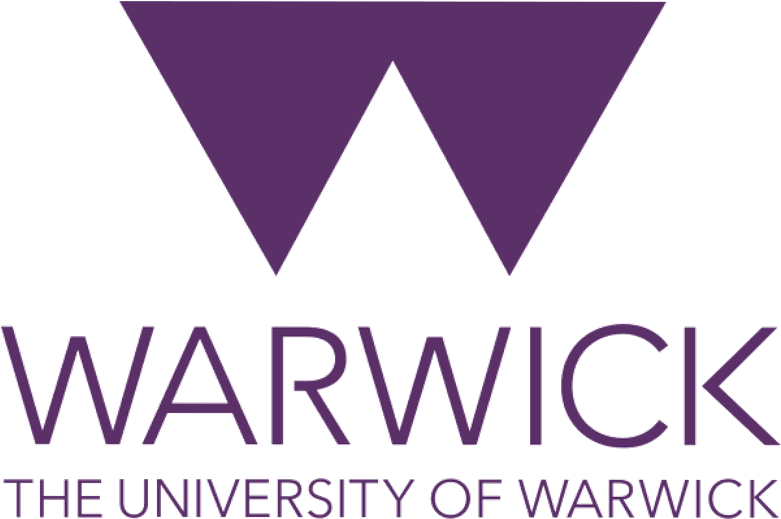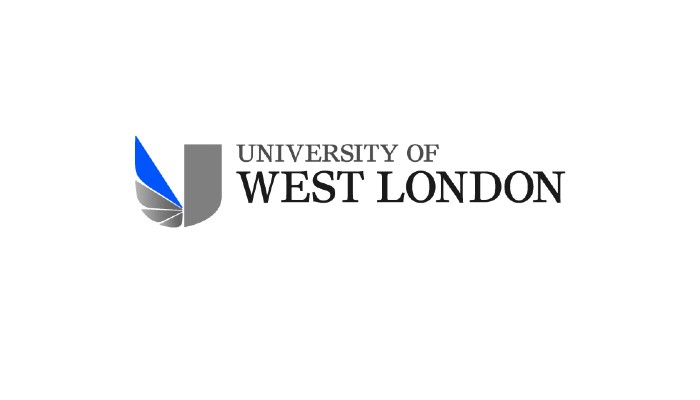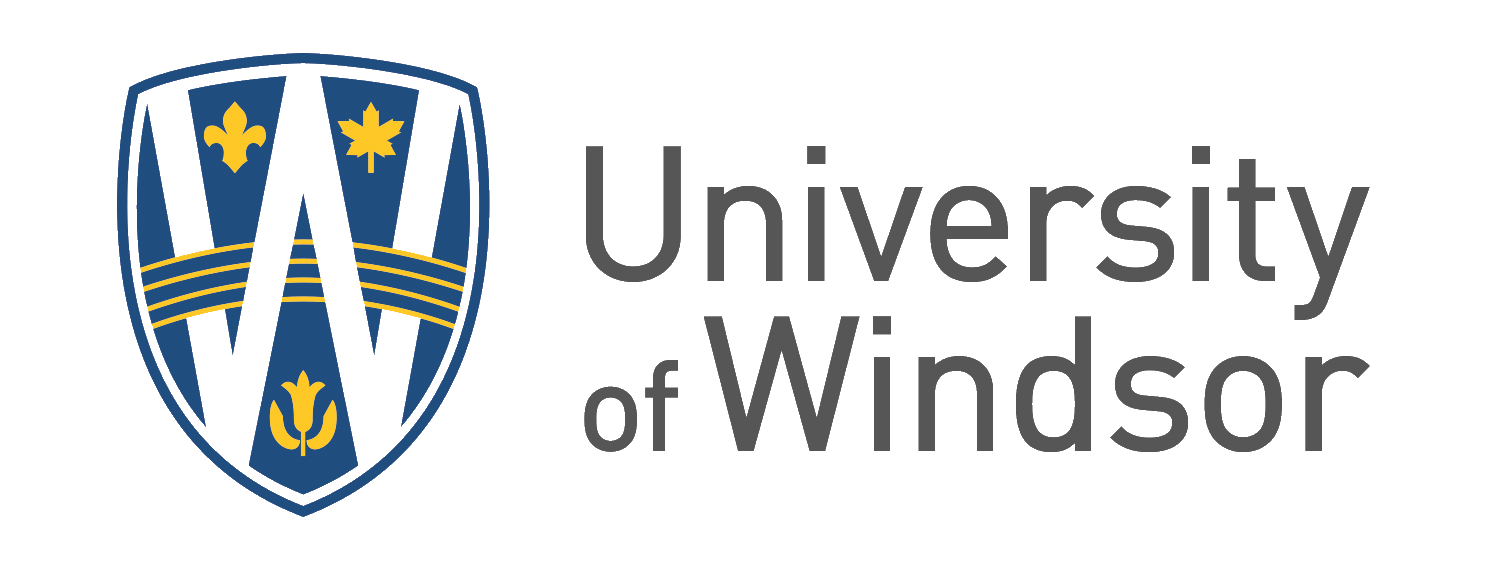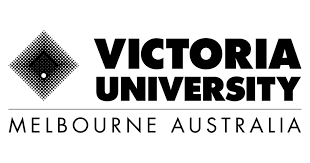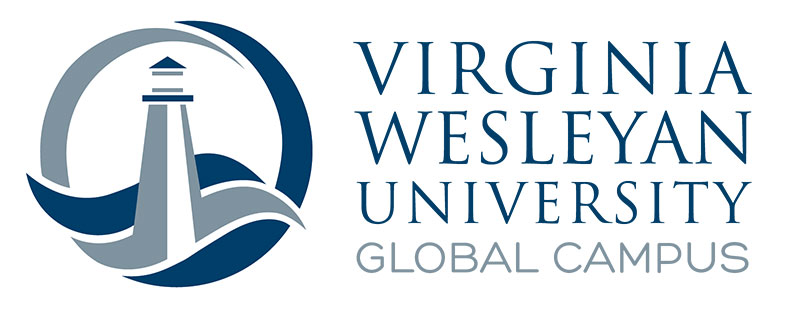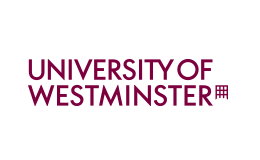Computer Science
Embarking on a journey to study Computer Science abroad is an exciting opportunity for Indian students seeking to build a future in one of the world's most dynamic and in-demand fields. With the rapid evolution of technology, from artificial intelligence to cybersecurity, a degree in Computer Science opens doors to global careers. This page explores everything you need to know about pursuing Computer Science overseas, tailored specifically for Indian aspirants. Whether you're dreaming of Silicon Valley innovation or European tech hubs, studying abroad equips you with cutting-edge skills, international exposure, and a competitive edge in the job market.
Why Study Computer Science Abroad?
India boasts a thriving IT sector, but studying Computer Science internationally offers unparalleled advantages. Abroad, you'll access world-class infrastructure, research opportunities, and collaborations with industry leaders like Google, Microsoft, and IBM. For Indian students, this means bridging the gap between theoretical knowledge from Indian institutions and practical, globally recognized expertise.
- Advanced Curriculum: International programs emphasize hands-on projects, internships, and emerging technologies like machine learning and blockchain, which may be limited in some Indian universities.
- Global Network: Connect with diverse peers and professors, building a network that spans continents—crucial for multinational job placements.
- Research and Innovation: Universities abroad often partner with tech giants, providing access to labs and funding for groundbreaking projects.
- Career Boost: Graduates from top foreign programs earn higher salaries; for instance, a CS degree from the US can lead to starting salaries 2-3 times higher than in India.
- Cultural and Personal Growth: Living abroad enhances soft skills like adaptability and communication, vital for tech leadership roles.
According to recent data from QS World University Rankings, Computer Science programs in countries like the USA, UK, Canada, and Australia consistently rank highest, attracting over 1.5 lakh Indian students annually to STEM fields.
Top Destinations for Indian Students
Choosing the right country is key. Here's a breakdown of popular destinations offering robust Computer Science programs, visa ease, and post-study work opportunities tailored for Indians.
| Country | Top Universities | Key Benefits for Indians | Average Tuition (per year, INR) |
|---|---|---|---|
| USA | MIT, Stanford, Carnegie Mellon | OPT visa for 3 years work; strong alumni network in India-US tech corridor | 25-40 lakhs |
| UK | University of Oxford, Imperial College London, University of Edinburgh | Graduate Route visa for 2 years; shorter 1-year MS programs save time and money | 20-35 lakhs |
| Canada | University of Toronto, University of Waterloo, UBC | PGWP up to 3 years; affordable living and welcoming immigration policies | 15-30 lakhs |
| Australia | University of Melbourne, UNSW Sydney, Australian National University | Post-study work visa 2-4 years; high employability in Asia-Pacific tech | 18-32 lakhs |
| Germany | Technical University of Munich, RWTH Aachen | Tuition-free public universities; 18-month job search visa | 5-15 lakhs (mostly living costs) |
Germany stands out for budget-conscious Indian students due to low or no tuition fees, while the USA offers prestige but requires careful financial planning.
Popular Computer Science Programs and Curriculum
Computer Science degrees abroad come in various formats: Bachelor's (BSc/BTech, 3-4 years), Master's (MSc/MS, 1-2 years), and PhD (3-5 years). For Indian students with a BTech background, a Master's is ideal for specialization.
Core Subjects You'll Study
The curriculum blends theory with practice, ensuring you're job-ready. Typical modules include:
- Programming Fundamentals: Languages like Python, Java, C++, and JavaScript. Expect projects building apps or algorithms.
- Data Structures and Algorithms: Essential for coding interviews at FAANG companies; focuses on efficiency and problem-solving.
- Artificial Intelligence and Machine Learning: Courses on neural networks, natural language processing—hot topics with real-world applications in healthcare and finance.
- Software Engineering: Agile methodologies, version control (Git), and team-based development.
- Cybersecurity: Encryption, ethical hacking, and data privacy, increasingly relevant amid rising cyber threats.
- Web and Mobile Development: Frameworks like React, Angular, and Flutter for creating user-friendly interfaces.
- Electives: Options in cloud computing (AWS/Azure), big data (Hadoop), or game development, allowing customization based on interests.
Many programs incorporate capstone projects or industry placements. For example, at Stanford, students collaborate on AI research with faculty who pioneered deep learning.
Duration and Entry Requirements
- Bachelor's: 10+2 with 75%+ in PCM; IELTS/TOEFL scores (6.5+/90+); SAT optional in some unis.
- Master's: Bachelor's in CS/IT with 3.0+ GPA; GRE (300+); work experience a plus for MS programs.
- PhD: Master's with research thesis; strong SOP and recommendations.
Indian students often qualify via GATE scores or direct applications, with deadlines typically in December-January for fall intake.
Career Opportunities After Graduation
A Computer Science degree abroad catapults Indian graduates into high-paying roles. The global tech shortage—projected at 85 million jobs by 2030—favors international talent. Back in India, firms like Infosys, TCS, and startups in Bengaluru value foreign credentials.
Key Job Roles and Salaries (Global Average, USD):
- Software Engineer: $100,000 - $150,000
- Data Scientist: $120,000 - $160,000
- Cybersecurity Analyst: $95,000 - $140,000
- AI/ML Engineer: $130,000 - $180,000
- Full-Stack Developer: $90,000 - $130,000
In India, entry-level salaries range from ₹8-20 lakhs, but with overseas experience, they jump to ₹30+ lakhs. Post-study work visas allow 1-3 years of employment abroad, easing the transition to H-1B or permanent residency paths.
Scholarships and Financial Aid for Indian Students
Studying abroad can be affordable with targeted funding. Indian students have access to numerous scholarships emphasizing merit and diversity.
| Scholarship | Eligibility | Amount (INR) | Country |
|---|---|---|---|
| Fulbright-Nehru Master's Fellowships | Strong academic record; leadership potential | Full tuition + living (20-30 lakhs) | USA |
| Chevening Scholarships | 2+ years work experience; commitment to India | Full funding (25-35 lakhs) | UK |
| Vanier Canada Graduate Scholarships | Research excellence in CS | 35 lakhs over 3 years | Canada |
| Destination Australia | Enrolling in regional unis | 10-15 lakhs | Australia |
| DAAD Scholarships | Merit-based for Master's/PhD | Full tuition waiver + stipend | Germany |
Additionally, university-specific aids like MIT's need-based grants or Imperial's India Excellence Scholarships cover up to 50% of costs. Education loans from Indian banks (SBI, HDFC) offer up to ₹1.5 crore at 9-11% interest, with moratorium periods aligning with your study duration.
Application Process and Tips for Success
Navigating applications can seem daunting, but a structured approach helps. Start 12-18 months in advance.
- Research Programs: Use platforms like our study abroad portal to compare courses by rankings, fees, and outcomes.
- Prepare Documents: Transcripts, SOP (emphasize your passion for tech and India’s digital growth), LORs from professors/employers, and standardized tests.
- Visa Guidance: For F-1 (USA), Tier 4 (UK), or SDS (Canada), prepare financial proofs (₹15-20 lakhs bank balance) and attend interviews confidently.
- Overcome Challenges: Address cultural adaptation by joining Indian student societies; budget for living costs (₹10-15 lakhs/year).
Pro Tip: Highlight projects from your Indian BTech, like app development for social causes, to stand out in SOPs.
Student Stories: Real Experiences
Meet Rahul Sharma, an Indian graduate from University of Waterloo's CS Master's: "Studying in Canada honed my AI skills through co-op placements at Shopify. Now back in Mumbai, I lead a team at ZS Associates, earning 50% more than my peers."
Or Priya Patel from Imperial College: "The UK's one-year program was cost-effective. Chevening funded my dreams, and I now work in London's fintech scene, with plans to return to India's startup ecosystem."
These stories underscore how a CS degree abroad transforms lives, blending global expertise with Indian roots.
In conclusion, pursuing Computer Science abroad is a strategic investment in your future. With India's digital economy booming—expected to reach $1 trillion by 2025—your international degree will position you as a leader. Explore our resources, connect with counselors, and take the first step toward a tech-savvy world.




